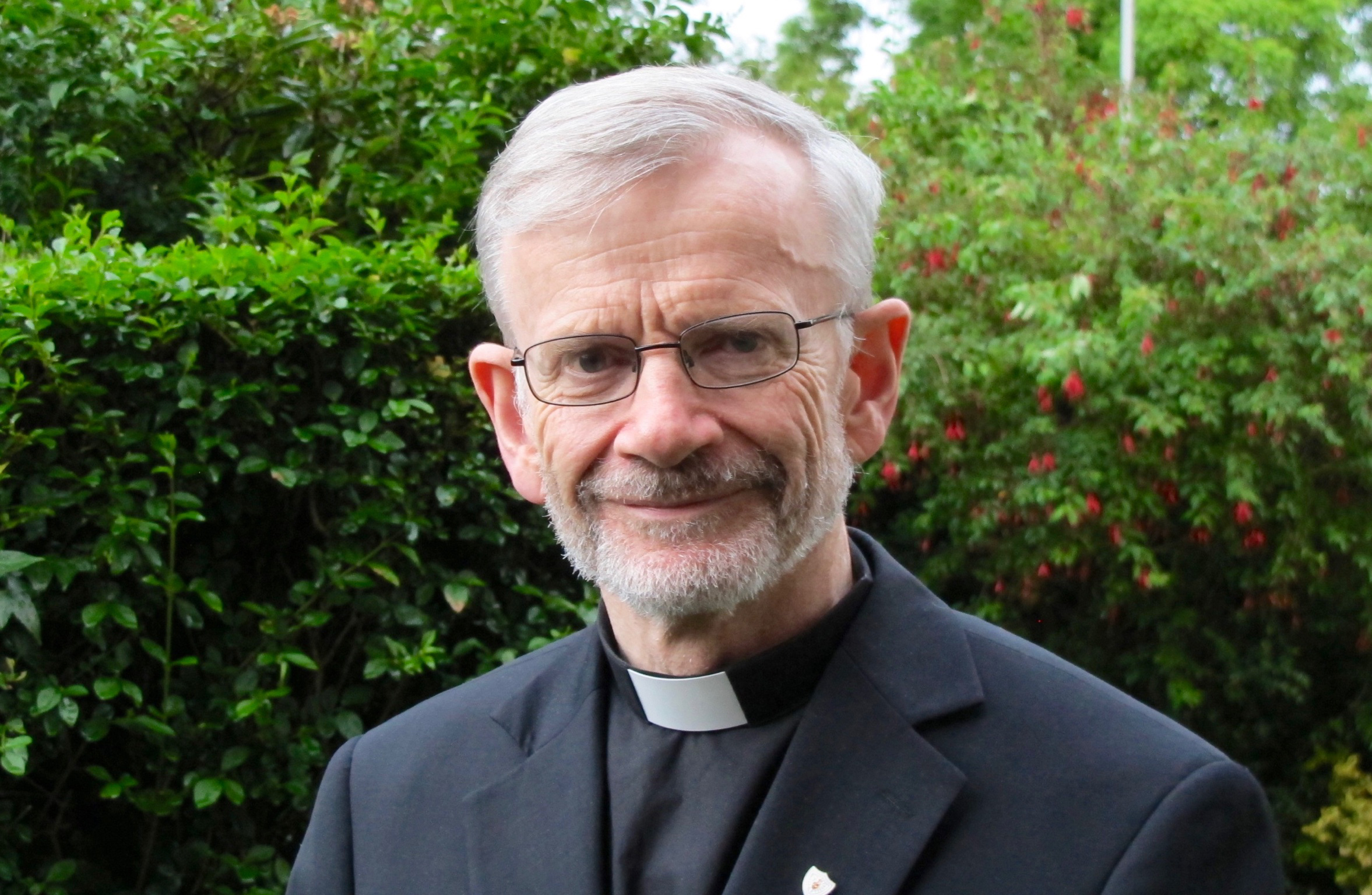In an article titled ‘The Finchley Question’, featured in the current issue of The Tablet, Bishop Alan McGuckian SJ, Bishop of Raphoe and chair of the Council for Justice and Peace of the Irish Catholic Bishops’ Conference, highlighted that the issue of the Irish backstop must not be used as a “stick in the current fight” over Brexit.
Bishop McGuckian writes: “There was a time, not long ago, when the inevitability of violence in Northern Ireland was accepted as a tragic given. The opposed national loyalties, British and Irish, unionist and nationalist, and the conflicting constitutional claims that backed them up formed a square that could never be circled.”
“Then along came the European Union”, he continues. According to Bishop McGuckian, while the EU was not the only factor that ultimately led to the Good Friday Agreement, it established a “shared framework” for Nationalist and Unionist identities in Northern Ireland to coexist in peace.
The Bishop of Raphoe states: “The special – and different – status of Northern Ireland has been agreed and settled for nearly twenty years. Remember, there was once a time when a Prime Minister made the claim that, “Northern Ireland is as British as Finchley.” The claim drew smiles even then, because when it is put into words and spoken out loud everybody realises that it simply is not so, or at least, not entirely so.”
Crucially, Bishop McGuckian emphasised: “Northern Ireland should not be used as stick in the current fight. The United Kingdom government and parliament must recognise – as Thatcher did – that in its Britishness and its Irishness Northern Ireland is a special case.”
He urged British prime minister Theresa May and her government to remember the “fierce opposition” to the Good Friday Agreement from the Democratic Unionist Party under the late Dr Ian Paisley. Bishop McGuckian argues that this opposition was rooted in a rigid reading of the statement “Northern Ireland is as British as Finchley”. He continued: “That claim had to be faced down. The DUP had to be helped to come to live in a world that is “both and” rather than “either or”.”
The Bishop of Raphoe also recalled the “big constitutional compromise” accepted by the Irish nation collectively in order to establish the Good Friday Agreement. He states: “In May 1998, a referendum was held in Northern Ireland in which the result was a majority of 71% in support for the Good Friday Agreement; on the same day, the electorate in the Republic of Ireland voted by 94% to drop the constitutional claim, articles two and three, that asserted Irish sovereignty over the entire island of Ireland. That was a big ask for the Irish people, unionist and nationalist, north and south of the border.”
He continued: “The Irish Backstop proposal, that whatever outcome is agreed by the UK and EU, there must be a common regulatory area on the island of Ireland in order to safeguard an open border between North and South, is essential if the gains from the Good Friday Agreement are not to be thrown aside. The border should not be allowed to be a “sore thumb” frustrating the efforts of both the UK and the EU to find a way out of the current impasse. The Irish question should not be allowed to stand in the way of the freedom of the people of the United Kingdom to choose their own future.”
Bishop McGuckian concluded: “Northern Ireland is different: it is as British as Finchley and it is not as British as Finchley. The future relationship between the United Kingdom and the European Union must reflect that reality.
“The European Union will find ways to accommodate this necessary anomaly. So should the government of the United Kingdom. Indeed the integrity of the United Kingdom demands it.”
ENDS


